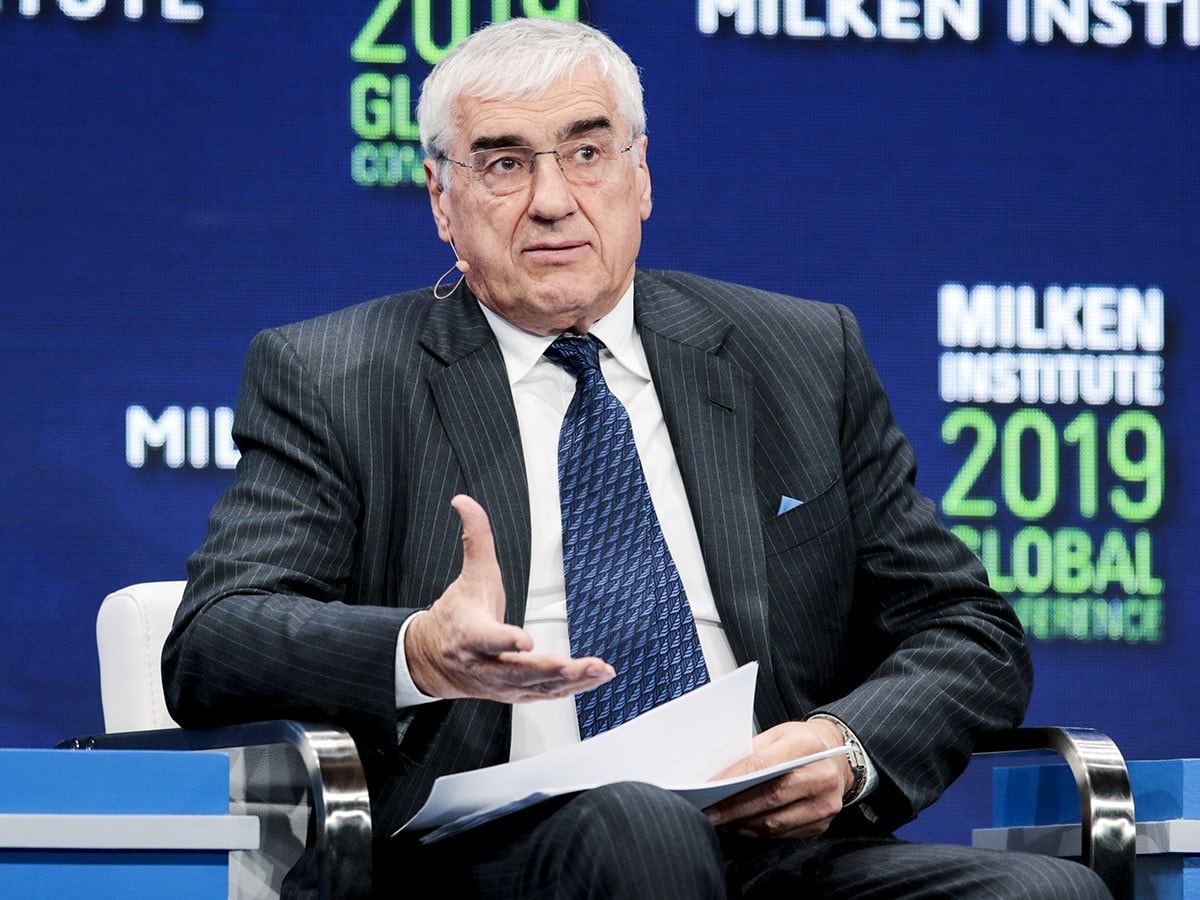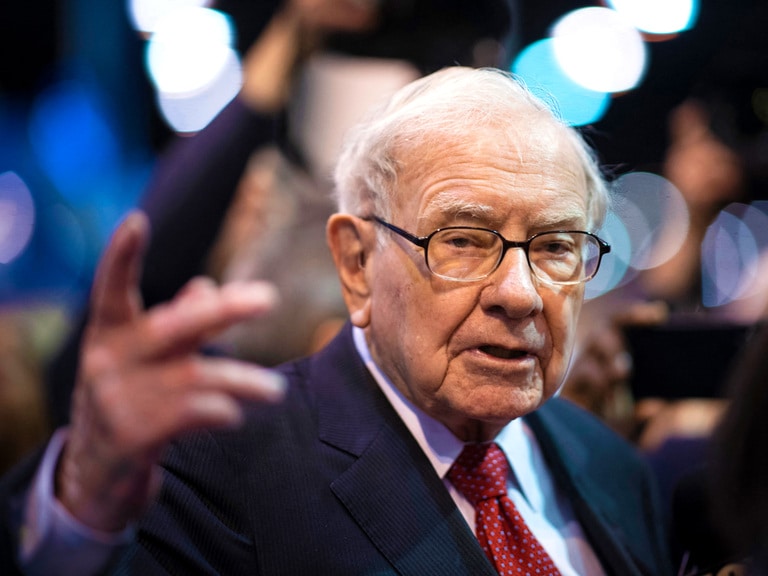The $3trn global hedge fund industry has staged a major comeback in 2020.
The reversal of a decade-long bull run in March proved to be a turning point for the industry, as hedge fund managers outperformed. The likes of Bill Ackman, for example, managed to return 11.1% in March through his firm Pershing Square Holdings.
Since then, the HFRI Fund Weighted Composite Index, which tracks the performance of 1,400 funds from around the world, climbed 15.4% in the five months from April — its strongest performance in the last two decades.
Looking at fund flow, investors allocated a massive $7.36bn to global hedge funds in August according to eVestment. Firms based in Europe saw $5.54bn of fund flow during the month, while the Americas clocked $2.54bn.
$7.36billion
Amount allocated by investors to global hedge funds in August
The disparity between these two major markets becomes clearer when considering the fact that some of the highest profile hedge fund managers are based in the US, including Kenneth Griffin (Citadel), Warren Buffett (Berkshire Hathaway), Israel Englander (Millennium Management) and Paul Singer (Elliott Management). All of these hedge fund managers are largely in the green so far this year.
Meanwhile, some of London’s best-known hedge fund managers, such as Michael Hintze (CQS), have suffered major losses this year according to the Financial Times.
For example, after falling 23.3% in the first half of the year, Lansdowne was forced to shut its flagship $2.8bn Developed Markets Fund in July as the short-selling strategy was hit with its worst-ever losses, according to Bloomberg.
Given the sheer size of US markets, it is understandable that the wider market is skewed towards US hedge fund managers, but if investors were to isolate the top performances of a few funds on either side, would the disparity between London and Wall Street still be as prominent?
Napier Park tops Q2 returns
Despite investors opting for stateside funds, the best-performing hedge fund in the second quarter was a London firm, data compiled by hedge fund research company Insider Monkey shows.
Napier Park Global Capital, a credit and alternatives firm managed by CEO James M O’Brien, returned a massive 163.5% during the most recent quarter, giving it a one-year return of 145%.
145%
Yearly return of Napier Park Global Capital
According to a US Securities and Exchange Commission (SEC) 13F filing from the end of June, the fund’s holdings include cloud computing stock Bill.com [BILL], oil company Amplify Energy [AMPY], software stock Avaya Holdings [AVYA] and the iShares iBoxx $ High Yield Corporate Bond ETF [HYG].
Meanwhile, US firm StepStone Group is ranked second by Insider Monkey for its outsized returns of 152.9% in the second quarter. The firm, which was co-founded by Monte Brem, filed to go public in August, making it the first private markets advisor and manager to launch an IPO since Hamilton Lane in 2017, according to Private Equity News.
The fund’s top holdings, according to an SEC 13F filing, are biotech company Ardelyx [ARDX], waste collection management firm US Ecology [ECOL], solar utility company Sunrun [RUN], and cloud computing stocks Fastly [FSLY] and Datadog [DDOG].
152.9%
Q2 returns of StepStone Group
The third best-performing fund in the second quarter was Spruce House Investment Management at 115.8%, followed by Shawspring Partners at 112.5%, Kora Management at 110.7%, Berylson Capital Partners at 103.4%, Phoenician Capital at 100.7%, Knoll Capital Management at 95.6% and Abdiel Capital Advisors at 90.5% — all of which are based in the US.
Disrupting the pattern is Hong Kong-based firm Composite Capital Management, which ranked 10th on the list for the second quarter with a return of 90.5%.
New York hedge fund managers dominate London rivals
The gap between the US and the UK — the world’s two largest markets for hedge funds — is widening. The proportion of global hedge fund assets run by UK-based managers fell to just 12.6% at the start of 2020, compared to 14.9% in late 2015, according to Hedge Fund Research and the Financial Times.
Meanwhile, the US holds a 76.9% share of global assets and, according to investment firm Aurum Funds, has made an average annual return of 56% between 2012 and 2020. The UK has averaged returns of 40% in the same period.
76.9%
Share of global assets held by the US
David Harding, founder of London-based investment management company Winton Group, summed up the relationship between the two countries, saying that the UK is like a “little brother to the US”.
Speaking to the Financial Times he said: “The best firms by and large are in New York and always have been.”
Interestingly though, New York- and London-based funds posted similar returns of 10.8% and 10.2%, respectively, in 2019. Meanwhile, funds in Boston, California, Chicago, Hong Kong, Singapore and Texas outperformed both cities by circa 3%, research by Aurum indicates.
Some high-profile US hedge fund managers have suffered, though. Jim Simons’ Renaissance Technologies and Ray Dalio’s Bridgewater Associates have not been immune to this year’s market downturn, for example.
Confusion over Brexit rules
Ultimately, the investment case looks frosty for UK fund managers as Brexit negotiations raise questions for hedge funds continuing their services in the EU. Two firms — H20 Asset Management and Kirkoswald Capital Partners — originally from London, have relocated their offices elsewhere in a bid to remain attractive to clients.
“At one point London had a real shot at potentially surpassing New York as the financial hub of the world. But the eurozone crisis and Brexit [changed that]” - Troy Gayeski, co-CIO at Skybridge Capital
Furthermore, UK managers are likely to have a greater focus on US markets due to the hurdles involved in complying with EU firms.
“At one point London had a real shot at potentially surpassing New York as the financial hub of the world,” Troy Gayeski, co-CIO at Skybridge Capital, told the Financial Times. “But the eurozone crisis and Brexit [changed that].”
Disclaimer Past performance is not a reliable indicator of future results.
CMC Markets is an execution-only service provider. The material (whether or not it states any opinions) is for general information purposes only, and does not take into account your personal circumstances or objectives. Nothing in this material is (or should be considered to be) financial, investment or other advice on which reliance should be placed. No opinion given in the material constitutes a recommendation by CMC Markets or the author that any particular investment, security, transaction or investment strategy is suitable for any specific person.
The material has not been prepared in accordance with legal requirements designed to promote the independence of investment research. Although we are not specifically prevented from dealing before providing this material, we do not seek to take advantage of the material prior to its dissemination.
CMC Markets does not endorse or offer opinion on the trading strategies used by the author. Their trading strategies do not guarantee any return and CMC Markets shall not be held responsible for any loss that you may incur, either directly or indirectly, arising from any investment based on any information contained herein.
*Tax treatment depends on individual circumstances and can change or may differ in a jurisdiction other than the UK.
Continue reading for FREE
- Includes free newsletter updates, unsubscribe anytime. Privacy policy





